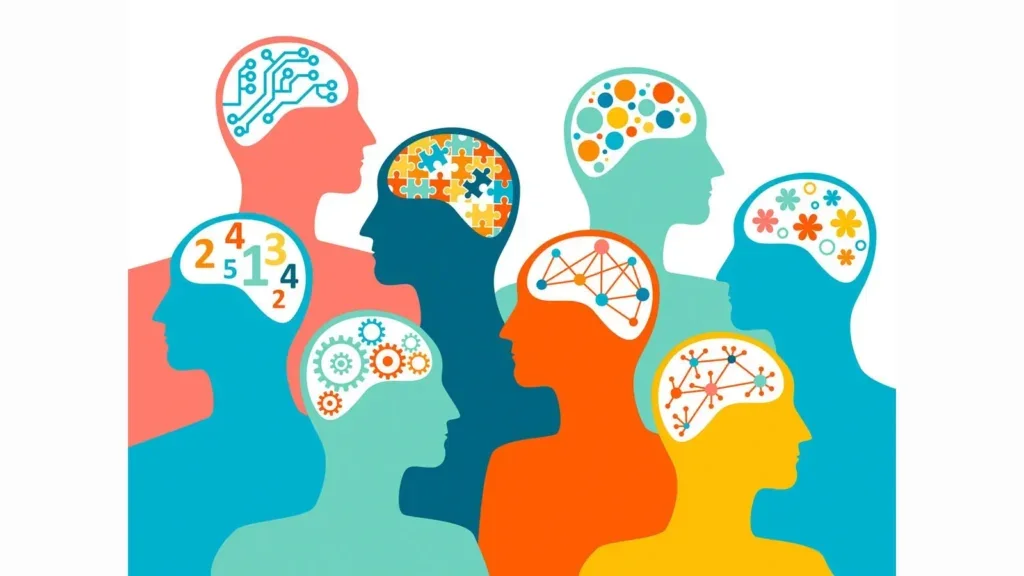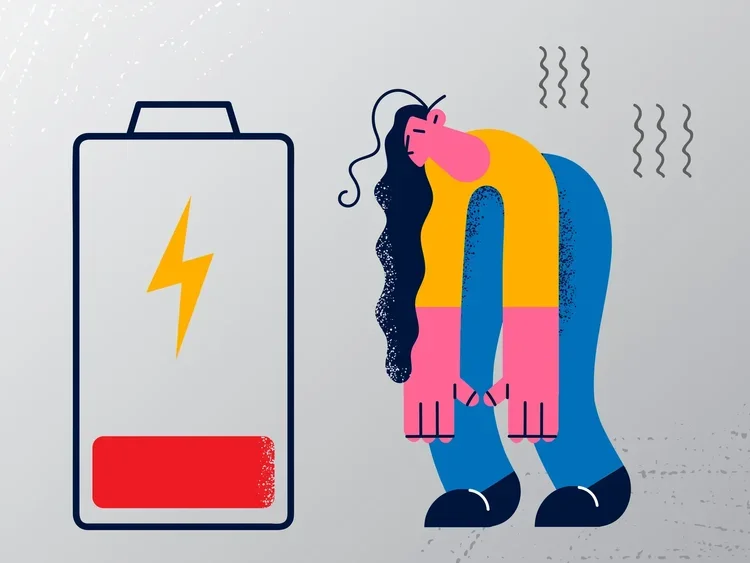Simple Strategies To Improve Executive Functioning
Being an adult is difficult. You have to manage so many tasks—planning, time management, problem-solving, and other cognitive processes that make up executive functioning—which can feel overwhelming for anyone. These tasks can be even more difficult to manage for someone who is neurodivergent, living with autism or ADHD for example. As many studies show, neurodivergent brains often process information different from neurotypical brains which can feel like thoughts are racing at a million miles a second, which may lead to overwhelm and sensory overload. Because of this,everyday tasks can sometimes feel more demanding. This post offers some tips from the perspective of someone who has autism on improving executive functioning for both, neurotypical and neurodivergent individuals.
Determine if any steps can be eliminated for certain tasks - tasks with several steps can feel overwhelming. Luckily, there are some ways that extra steps can be skipped. Here are some examples that can eliminate steps from your routine:
Two-in-one shampoo and conditioner
Taking a shower can be a tedious process for those who struggle with executive functioning because there are so many steps that go into the process such as washing and conditioning your hair, washing your body, shaving, exfoliating, etc. Using a shampoo with a built-in conditioner can help eliminate the step of having to condition your hair.
Frozen and canned fruits and vegetables
Not only are they cheaper than fresh and are more shelf-stable, they take less time to prepare. Canned beans do not have to be soaked and rinsed before cooking because they are already cooked. It is much easier to throw a bag of frozen broccoli into the microwave instead of cutting a head of broccoli up and putting it into a bowl.
Wash all of your laundry together, if you can
Sorting clothes by color and fabric can be tedious because it adds extra loads of laundry that most of us do not want to fold and put away. Sometimes, you can get away with washing clothes together without colors bleeding together. Depending on how large the load is, articles of bedding, such as sheets, fitted sheets, and pillowcases, can be added to your clothes, especially if the bedding is a lighter fabric, such as cotton, versus a heavier fabric, such as flannel. It is recommended to wash towels separately because the fabric is much heavier.
Reminders - whether it is an app on your phone or Post-It notes, reminders can be helpful when you have something you need to remember. Some individuals like to have Post-It notes on their desks at home or work that are important notes and reminders. Putting in reminders on your phone can help manage appointments and daily reminders, such as taking medication.
Planners - Making a to-do list in the morning or the night before can help with managing tasks that need to be completed during the day. Writing down your tasks helps hold you acountable for completing them, plus writing them down reminds you that these tasks need to be completed. Using planners can also help with meal-planning as well. Writing down what you want for meals can help prevent you from unnecessary grazing because you already know what you want to eat.
Color-coding - this tip is extremely helpful because different colors help distinguish what information is what. Color-coding is common for note-taking because it helps organize information, such as vocabulary terms, definitions, etc., which can help make them easier to study, not to mention much more aesthetically pleasing to look at!
Take breaks - when we are tired, hungry, thirsty, or feeling overwhelmed, we cannot focus on our tasks at hand. This is why it is important to carve time out of our busy lives to unwind and reset, even if it is just for five or ten minutes. It is important to make sure that you take breaks at work or school to avoid overwhelm. Taking breaks allows us to step away from what is making us feel overwhelmed to reset, and it can help boost our creativity.
Prioritze - at work, school, and at home, we have tasks that we must complete before any other task, so we know to knock out those high-priority tasks before moving on to other tasks. Write down the tasks that you need to get done or want to get done, then number your tasks in order of priority. For example, if an assignment due for school on an earlier date, then you will know to finish that assignment first before moving on to assignments with later due dates. The same concept can be applied to projects at work; if a certain project is required to be completed in an earlier time frame, then that project takes priority over other projects. This can be extremely helpful if you have a job that requires you to task-switch frequently, which is something that individuals with autism and ADHD struggle with. It can be frustrating to be performing a task at work, only to be interrupted with a phone call; your attention is drawn away from your task to have to answer that phone call. Typically, the phone call will take priority over the task that you are working on, so it is OK to take the phone call first, then continue your task, once the phone call is completed.
References




